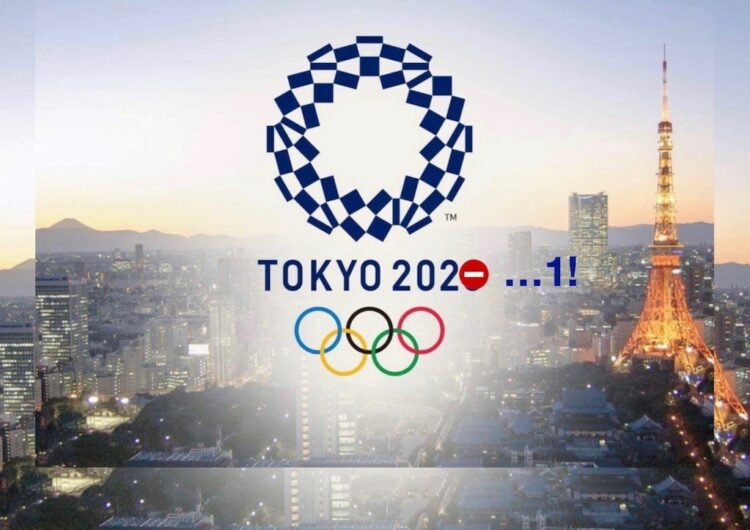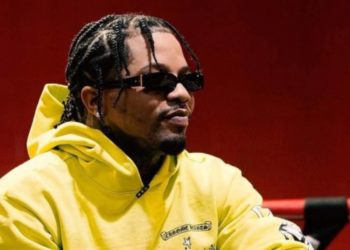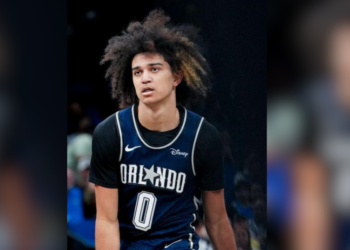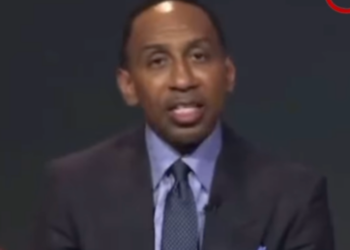The International Olympic Committee has banned athletes from wearing Black Lives Matter and other political apparel at the upcoming games in Tokyo, reported WBTV.
The IOC said protests by athletes and political messages will remain banned at the Olympics due to the results of a survey in which they claimed the majority of athletes were in favor of the ban.
Athletes wearing apparel with slogans or statements like, “Black Lives Matter,” on it will risk punishment. Further, gestures of protest like raising a fist in the air while on the podium like Tommie Smith and John Carlos did in 1968, are also outlawed at this year’s Tokyo games.
Although the committee claimed that over 70 percent of over 3,500 athletes surveyed said that it was not appropriate for athletes to express their views while competing in the games, the decision to specifically name the Black Lives Matter movement is suspicious because clothing with words like, “peace” and “solidarity” are not banned. There is no word if “Stop Asian Hate” messaging is also banned.
Kirsty Coventry, IOC commission chief, said, “Our recommendation is to preserve the podium, field of play, and official ceremonies from any kind of protest or demonstrations or acts perceived as such.” Coventry is referring to Rule 50 that dictates behavior on the field of play, inside Olympic Village, and during the opening, closing, and medal ceremonies.
The IOC also said that competitors who break this rule will have their punishment decided by their National Olympic Committee, International Federation, and IOC. Punishment will be on a case-by-case basis. A global activist group in Germany has vowed to provide legal representation to athletes who are found breaking the rule.
Noted civil rights attorney Ben Crump addressed the matter on his Twitter page and called it a bad message about basic human rights. He urged the Olympic committee to reverse the decision.
The Olympics will now BAN any athlete who wears a BLM shirt, kneels during the national anthem or raises a fist to oppose racism. This sends the WRONG message about basic human rights & I urge the Olympic Committee to reverse this decision! https://t.co/Arfbpr32UQ
— Ben Crump (@AttorneyCrump) May 5, 2021
Athletes can express their political opinions on social media, in interviews that are held in designated areas and at team meetings.
The IOC is expected to clarify the levels of punishment by the start of the games on July 23.















